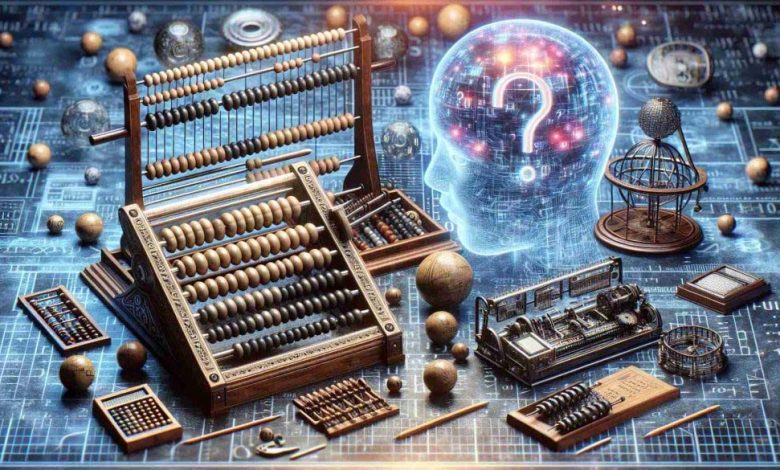Learn about the interesting origins of AI

Technology: The journey of artificial intelligence (AI) may seem like a product of the 21st century, but did you know that its roots date back much further? The foundations of AI were laid more than half a century ago, coinciding with the rise of computing.
The official birth of AI is often credited to the Dartmouth Conference in the summer of 1956. It was at this landmark meeting that a group of visionary computer scientists, including John McCarthy, Marvin Minsky, Nathaniel Rochester, and Claude Shannon, came together to discuss the concept of “artificial intelligence.” Here, the term “AI” was coined, marking a pivotal moment in the history of computer science. The goal was to explore the premise that “every aspect of learning or any other feature of intelligence can be described in principle so precisely that a machine could be built to simulate it.”
However, the dream of intelligent machines predates the Dartmouth Conference. Alan Turing, often referred to as the father of computer science, speculated about the potential of machines to simulate human intelligence in his seminal 1950 paper, “Computing Machinery and Intelligence.” In this work, he introduced the Turing test, a theoretical framework still used today to assess a machine’s ability to exhibit intelligent behavior that is distinct from a human.
Since these early milestones, AI has evolved from abstract theory into a transformative technology that impacts all aspects of modern life, from healthcare to transportation. Understanding the origins of AI not only highlights our technological advancements but also shows how far we’ve come in making machines truly “intelligent.”





